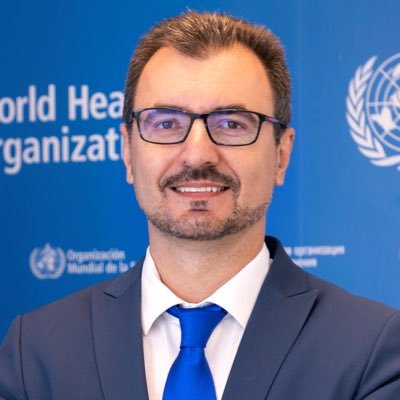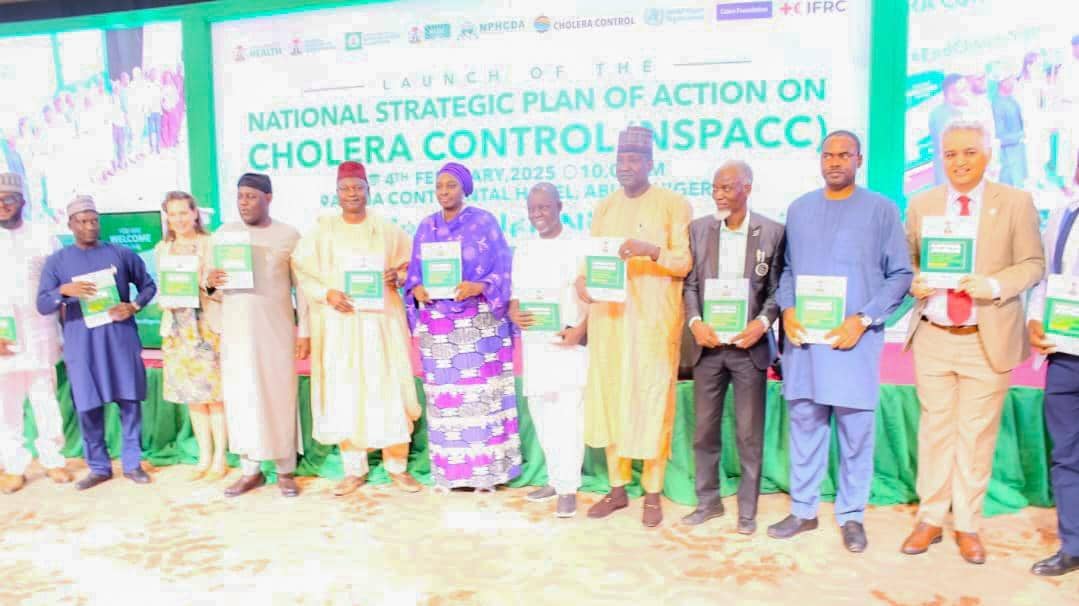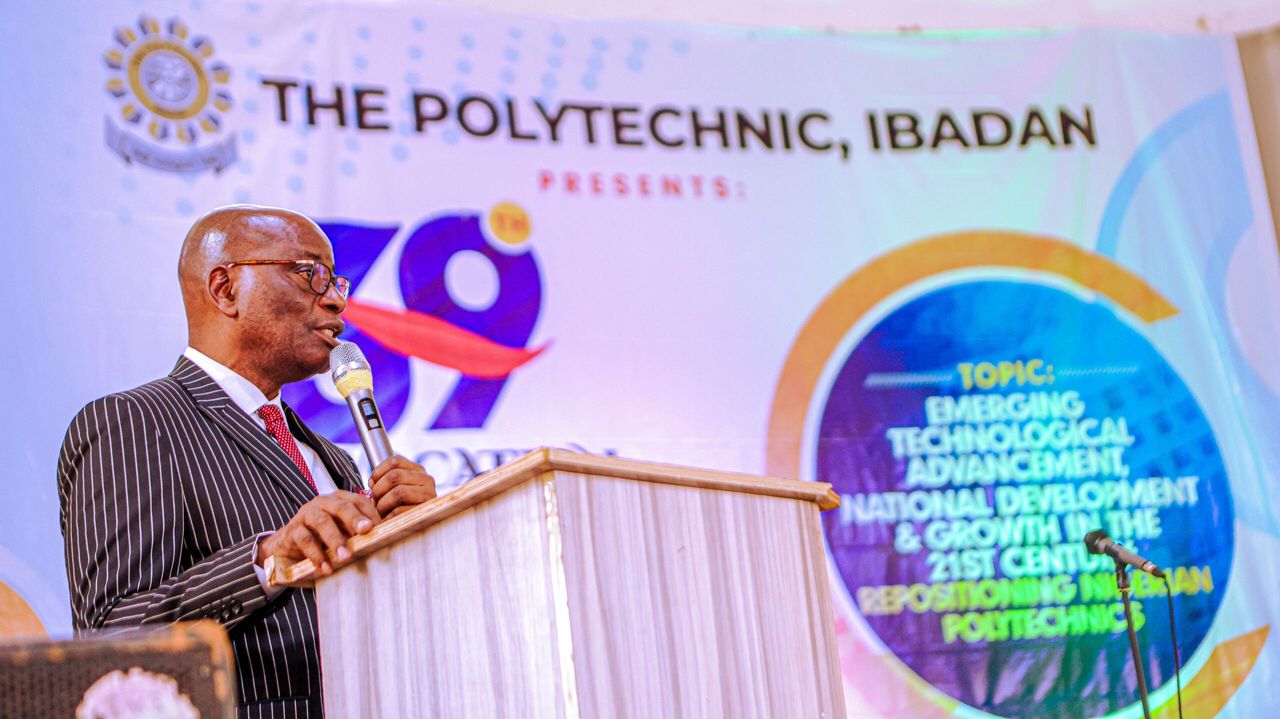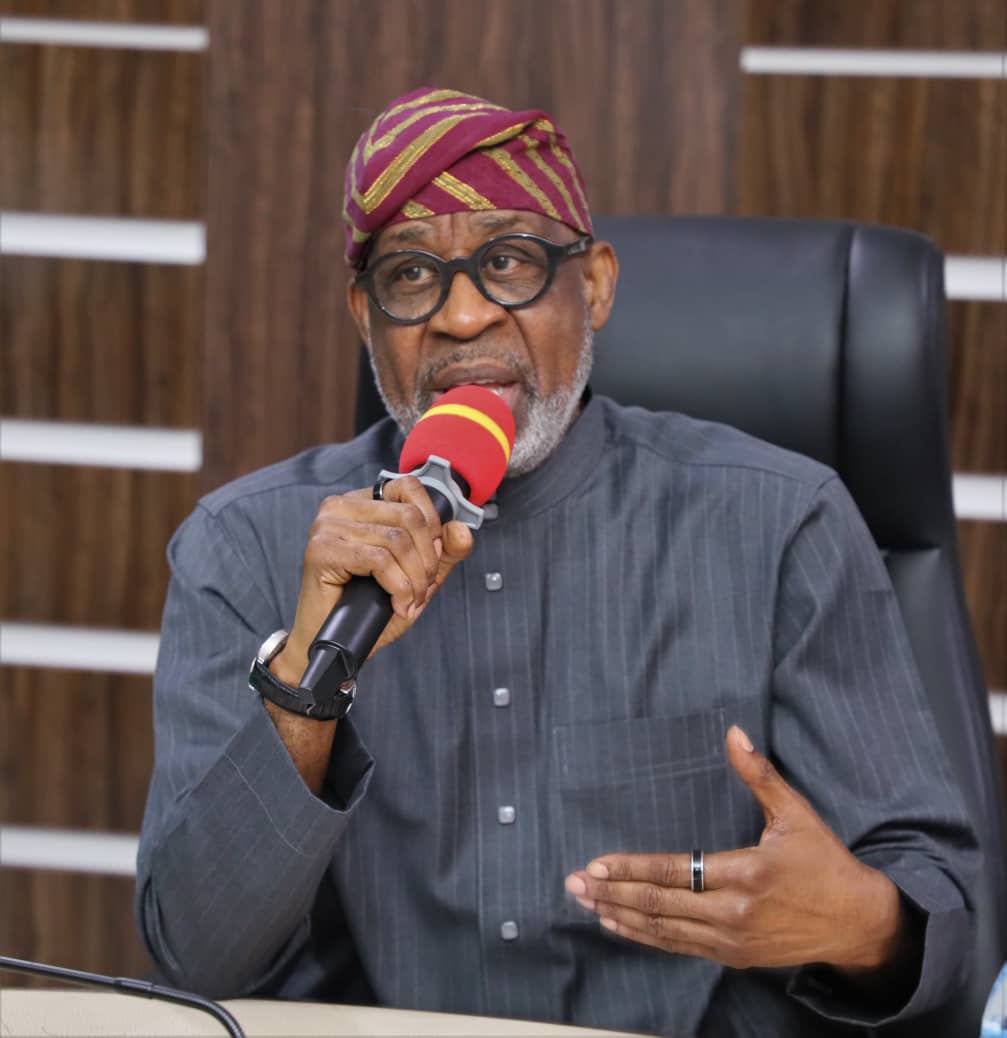
Abuja, Nigeria — The World Health Organization (WHO) has issued a stark warning that antimicrobial resistance (AMR) is rapidly undermining Nigeria’s progress in health and development, as the country joins the global community to mark the 2025 World AMR Awareness Week (WAAW).
In a message delivered by the WHO Representative and Head of Mission to Nigeria, Dr. Pavel Ursu, the organization described AMR as a “growing global threat” that is disproportionately affecting Low- and Middle-Income Countries (LMICs), particularly their most vulnerable populations.
Dr. Ursu said AMR is silently reversing decades of medical progress, threatening the effectiveness of modern medicine, and putting at risk key health indicators including child and maternal mortality. He noted that outbreaks of multidrug-resistant infections—especially in settings with poor infection prevention and control—are increasingly claiming lives in both communities and hospitals.
Globally, AMR was linked to 4.71 million deaths in 2021, with 1.14 million of those directly attributable. Sub-Saharan Africa accounted for 250,000 direct deaths, while an estimated 178 million disability-adjusted life years (DALYs) were lost to AMR. If unchecked, AMR could claim up to 39 million lives by 2050 and cost the global economy nearly US$1 trillion annually.
Nigeria faces an equally alarming burden. According to Dr. Ursu, the country has recorded over 60,000 AMR-related deaths every year since 1990. In 2021 alone, an estimated 50,500 deaths were directly attributed to antibiotic resistance, with 227,000 deaths associated with bacterial AMR. Children under five accounted for the largest share of these fatalities.
“These alarming estimates underscore the urgency for whole-of-government and whole-of-society action,” he said. “Nigeria must integrate AMR response into primary health care to accelerate universal health coverage, strengthen food security, and address climate-related vulnerabilities.”
World AMR Awareness Week, commemorated annually from 18 to 24 November, is being marked this year under the theme “Act Now: Protect Our Present, Secure Our Future.” The theme highlights the need for bold, coordinated action across all sectors—including human health, animal health, agriculture, environment, and civil society.
Dr. Ursu urged stakeholders to translate political commitments from recent global platforms—including the 2024 UN General Assembly High-level Meeting on AMR and Nigeria’s hosting of the 5th Global High-Level Ministerial AMR Conference in 2026—into concrete, accountable interventions.
He called for strengthened AMR and One Health surveillance systems, equitable access to quality medicines and diagnostics, innovation, and sustained domestic financing for resilient health systems.
“Investment in AMR action is SMART and essential,” the WHO Representative said. “Whether it is a hospital administrator establishing an antimicrobial stewardship team or a farmer improving waste management practices, every action counts.”
READ ALSO: Barau Mourns Senator Okey Ezea, Describes Him as a Pan-Nigerian Patriot
Dr. Ursu emphasized that protecting antimicrobial effectiveness requires commitment from policymakers, healthcare workers, veterinarians, farmers, environmental actors and the general public.
“Together, we can preserve the effectiveness of antimicrobials and ensure a healthier, more sustainable Nigeria for generations to come,” he said.





